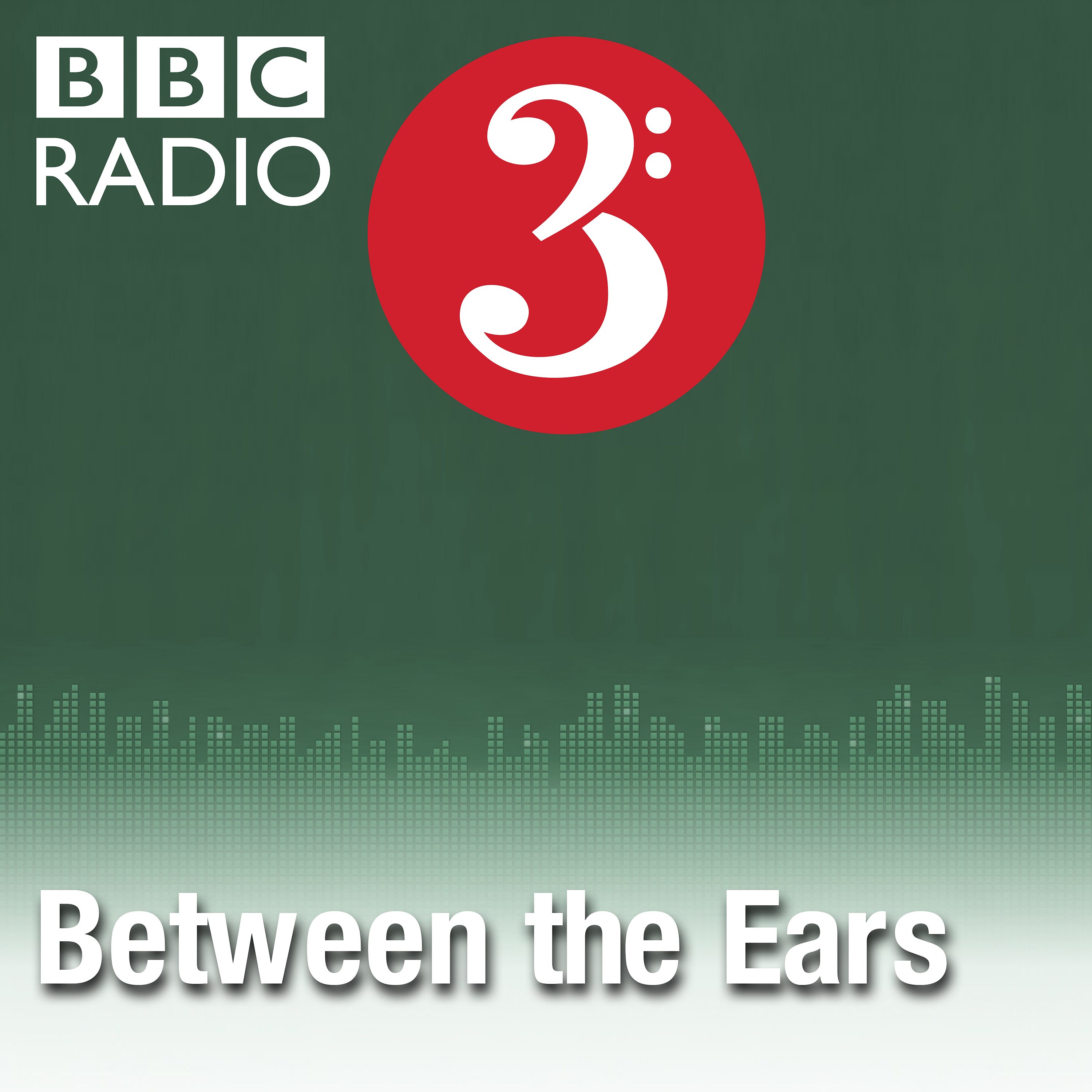- Culture
- SEE MORE
- classical
- general
- talk
- News
- Family
- Bürgerfunk
- pop
- Islam
- soul
- jazz
- Comedy
- humor
- wissenschaft
- opera
- baroque
- gesellschaft
- theater
- Local
- alternative
- electro
- rock
- rap
- lifestyle
- Music
- como
- RNE
- ballads
- greek
- Buddhism
- deportes
- christian
- Technology
- piano
- djs
- Dance
- dutch
- flamenco
- social
- hope
- christian rock
- academia
- afrique
- Business
- musique
- ελληνική-μουσική
- religion
- World radio
- Zarzuela
- travel
- World
- NFL
- media
- Art
- public
- Sports
- Gospel
- st.
- baptist
- Leisure
- Kids & Family
- musical
- club
- Health & Fitness
- True Crime
- Fiction
- children
- Society & Culture
- TV & Film
- gold
- kunst
- música
- gay
- Natural
- a
- francais
- bach
- economics
- kultur
- evangelical
- tech
- Opinion
- Government
- gaming
- College
- technik
- History
- Jesus
- Health
- movies
- radio
- services
- Church
- podcast
- Education
- international
- Transportation
- Other
- kids
- podcasts
- philadelphia
- Noticias
- love
- sport
- Salud
- film
- and
- 4chan
- Disco
- Stories
- fashion
- Arts
- interviews
- hardstyle
- entertainment
- humour
- medieval
- literature
- alma
- Cultura
- video
- TV
- Science
- en
To Bear Witness

While we, as a species, grapple with ongoing legacies of racism and violence, and as biodiversity loss and the mass extinction of wildlife on earth accelerates, the call to bear witness becomes ever more necessary. What might it mean - for ourselves and the other beings on this planet - if we were able to sorrow, if we knew how to grieve? As things disintegrate around us, is bearing witness a final act of love we can offer our world? “Loving and grieving are joined at the hip,” says spiritual activist and author Stephen Jenkinson. “Grief is a way of loving what has slipped from view. Love is a way of grieving that which has not yet done so.” Biologist and philosopher Andreas Weber and poet and psychologist Anita Barrows reflect on what is lost as beloved species and places of wilderness continue to vanish; reparations scholar-activist Esther Stanford-Xosei grieves the genocide of communities that were the custodians of ways of living in harmony with the earth; and activist Kofi Mawuli Klu mourns the immense beauty of forests now destroyed. Every waking moment is a requiem - not what we signed up for. But what did you sign up for? Into what were you initiated? Lacking in ceremony and ritual, grappling with legacies of undone spirit work and ancestral trauma, bearing witness to what is happening within ourselves and around us might “not be everybody’s idea of a good time” (Stephen Jenkinson), but it might be what we need to do. It might help us to belong. Voice of the chorus: Niamh O’Brien. Cello improvisations: Lucy Railton Additional words and music: Phil Smith Produced by Phil Smith. A Falling Tree production for BBC Radio 3.